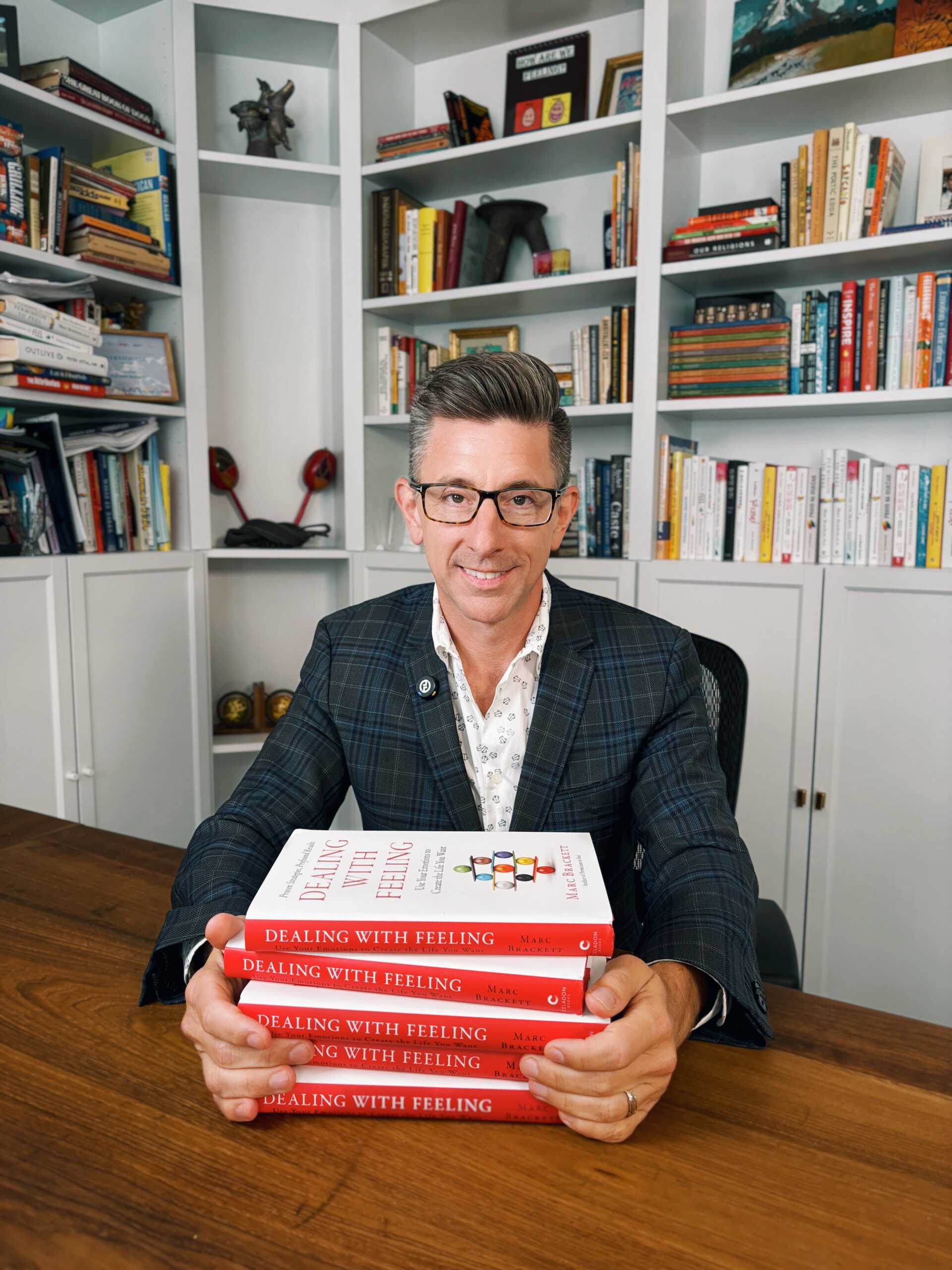Tips for You and Your School Community
If you’re noticing anxiety in yourself or those around you these days, you’re not alone. With mention of COVID-19 (commonly known as coronavirus) filling radio and television news, social media feeds, and our email inboxes, it’s no wonder we’re all anxious. Between the uncertainty, the real health risks, and the hype, fear and anxiety are feelings that are both valid and common. We wanted to provide you with a few ideas for managing those feelings.
- Start with yourself. Before you help others with their feelings, make sure you are okay—that you are calm enough to validate, reassure, and support others. Practice your calming strategies. Practice self-care. Talk to others. Breathe.
- Be aware of your own emotions and accept how you feel. With widespread illness, real uncertainty exists. We may be worried about our own health and safety, the well-being of our family members, or even childcare or workplace issues. Remind yourself that a certain level of anxiety is grounded and normal. Seek professional help if you feel your anxiety or fear is getting in the way.
- Focus on the facts. Consult reliable and up-to-date sources of information such as the Center for Disease Control website: https://www.cdc.gov/coronavirus/2019-ncov/summary.html and your local news source for updates on closings, procedures, and guidelines.
- Control the amount of information you take in. In times like these, we may feel like we have no control. One thing we can control is how much information we seek out and how often we tune in. Take breaks as needed from the news, social media, and conversations that make you feel anxious.
- Don’t be afraid to say no. If someone asks you to attend a social event or goes to hug you or shake your hand and you are not interested, this is not a time to push yourself past your comfort zone. Give yourself permission to say no, as your physical and mental health is the most important thing. At a loss for words? Try something like, “With all the germs going around, I’ll take a raincheck.”
- Respect others’ decisions but know what’s right for you. We all handle the news differently. You may know someone stocking up on masks and paper goods; others may be continuing to host parties. Let them go about their business, and think about what you need to do for you and your own physical and emotional well-being.
- Be your best self when dealing with stigma and fears. If you hear rumors or notice suspicion around certain groups of people being sick, question ungrounded assumptions and do your best to protect those who are stigmatized or judged. Have compassion for those who are ill and those whose lives have been disrupted by the virus or society’s response to it, including having compassion for yourself.
- Support others who are dealing with anxiety and uncertainty. When helping others with their anxiety, particularly your colleagues, students, or children, we suggest you:
- Manage your own anxiety first.
- Don’t be afraid to discuss the situation—open communication sometimes is the best way to allay unpleasant emotions.
- Don’t assume you know how others, and particularly children, are feeling or why they’re feeling that way. Ask.
- Consider the age and developmental level of those with whom you speak. Take your cues from them on what to discuss.
- Reassure children with facts. Remind them that adults, in particular capable scientists and health care workers, are working together to keep everyone safe. Discuss what you are doing and what they can do to stay safe and germ-free.
Dealing with the uncertainty of the current situation is difficult for everyone, and we want to support in any way we can. Please feel free to share the above with your school community, and do not hesitate to reach out to us if you have questions, suggestions, or seek additional guidance in this area. Below are links to other resources you may find helpful as you navigate this challenging time.
Sincerely,
The Yale Center for Emotional Intelligence Team
Webinar Recording
Managing Anxiety around COVID-19
We have created a document of strategies attendees of the webinar listed above use to manage anxiety during this time. To access the document, click here.
Additional Resources
- Center for Disease Control and Prevention, Coronavirus Disease 2019 (COVID-19): https://www.cdc.gov/coronavirus/2019-ncov/about/transmission.html
- Coping with Stress During Infectious Disease Outbreaks: https://store.samhsa.gov/product/Coping-with-Stress-During-Infectious-Disease-Outbreaks/sma14-4885
- Talking to Children About COVID-19 (Coronavirus): A Parent Resource: https://www.nasponline.org/resources-and-publications/resources-and-podcasts/school-climate-safety-and-crisis/health-crisis-resources/talking-to-children-about-covid-19-(coronavirus)-a-parent-resource
- Talking with Children: Tips for Caregivers, Parents, and Teachers During Infectious Disease Outbreaks: https://store.samhsa.gov/product/Talking-With-Children-Tips-for-Caregivers-Parents-and-Teachers-During-Infectious-Disease-Outbreaks/SMA14-4886
- Yale Center for Emotional Intelligence – Free E-Learning Tools for Educators Transitioning to Distance Education: http://rulerapproach.org/wp-content/uploads/2020/03/eLearning_Tools_Distance_Education.pdf

